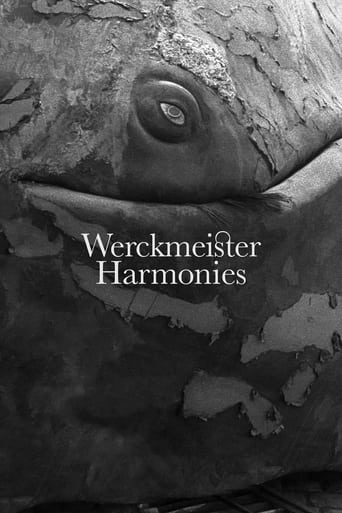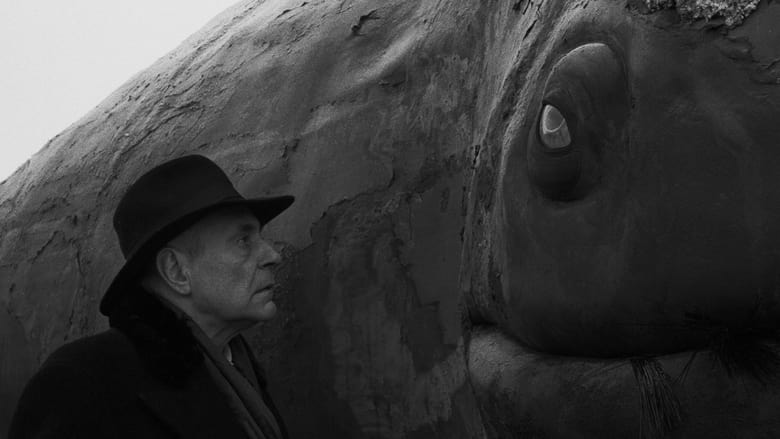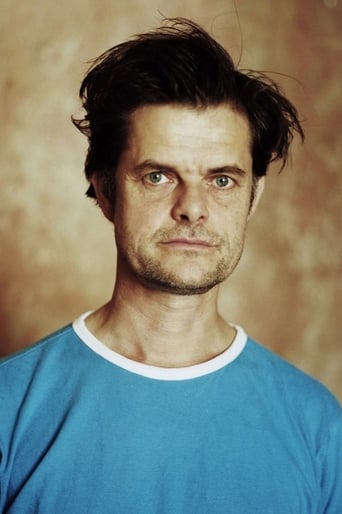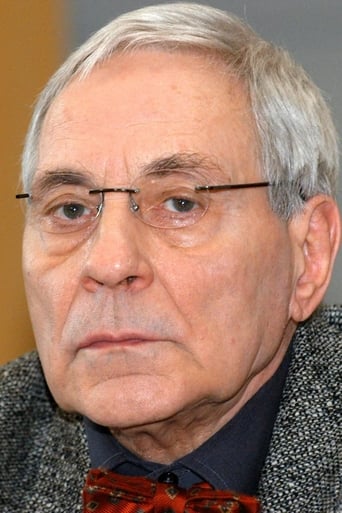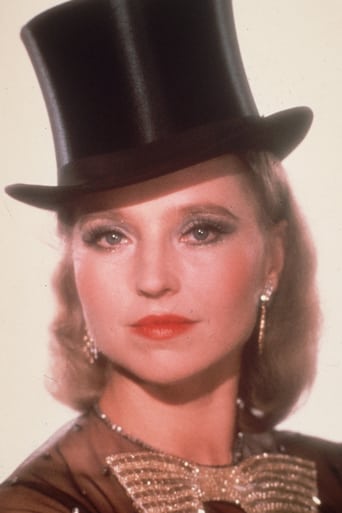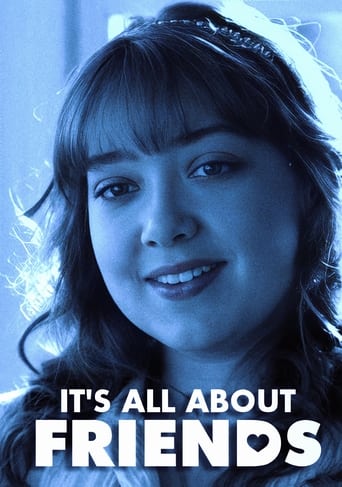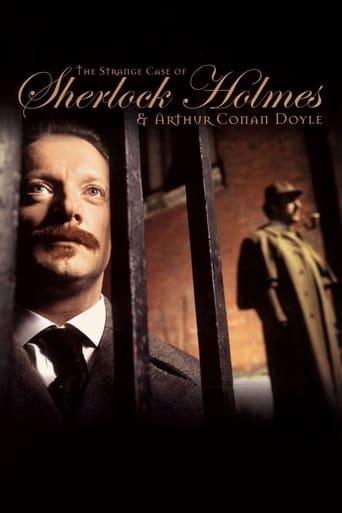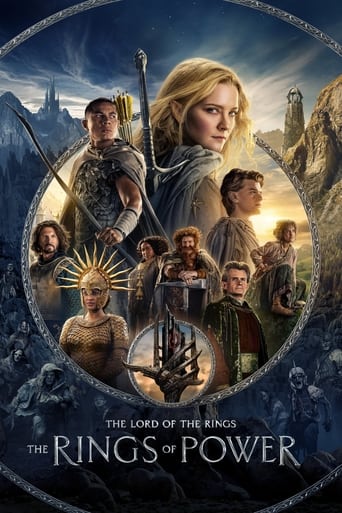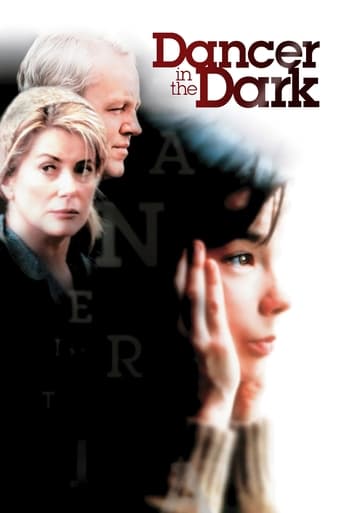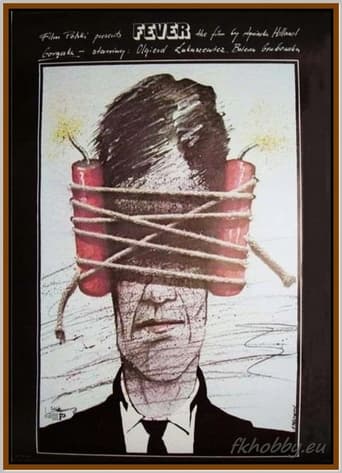Werckmeister Harmonies (2001)
A mysterious circus excites a small Hungarian town into a rebellion when a promised act doesn't perform.
Watch Trailer
Free Trial Channels
Cast


Similar titles
Reviews
Good films always raise compelling questions, whether the format is fiction or documentary fact.
I enjoyed watching this film and would recommend other to give it a try , (as I am) but this movie, although enjoyable to watch due to the better than average acting fails to add anything new to its storyline that is all too familiar to these types of movies.
Great story, amazing characters, superb action, enthralling cinematography. Yes, this is something I am glad I spent money on.
The thing I enjoyed most about the film is the fact that it doesn't shy away from being a super-sized-cliche;
Once you understand the allegory the story snaps into place it becomes a challenge to find the ideas hidden in the shadows.The theme is the eclipse of darkness cast over a people by an occupying government. At the time of this review there is turmoil in Ukraine with many similarities. Many reviewers start with the line that this is about a whale that comes to town, it is like saying Animal Farm is about a fat pig and his friends. Watch the film this way and you will be disappointed.This film is the most visually poetic films I have ever seen. The most powerful shot is the quiet sound of marching and rocking as rioters march to the hospital it is hypnotic and oddly beautiful. You almost become one of the rioters as you get swept up in this pointless crowd-think not knowing or caring where it is going. Social upheaval does not always need a reason. The sick helpless patents in the hospital are a mirror of the rioters themselves.A reoccurring theme is the transitions from darkness to light. In the opening scene the light represent the warm sun of self determination which transitions to the people thrown out through a door in to the dark of night. The circus arrives like a Trojan Horse in the darkness of night. There is a wonderful poetic scene were the lead character walks in and out of the shadows .The film is in b&w.Some of the themes of this film can be extracted in to our modern world. The rioting was similar to the rioting in London which appeared to be of nothing in particular and self-destructive. The whale, parallels large centralised government systems that leave citizens feeling powerless. The shadow of The Prince is the unseen PR machinery and lobby groups. At the end of the film János is drugged and silenced in a mental asylum for political dissidents this could be extended to the large scale use of drugs such as Ritain and SSRI's as well as a mind-numbing media being effective as a form of people management.György's utopian approach to music represents a flawed naive idealism that never can be achieved, it is not developed any further in the film or the book. It is just a statement that human governance will always be flawed. A less cryptic name for the film might be "The Inevitably Flawed Paradox of Human Governance" but that would destroy the enigma that this film is. It is an acknowledgement even when light of self government comes there will still be flaws because we are human.This is much more accessible than Andrei Tarkovsky's Mirror but not quite as rewarding perhaps because it is not so personal.This film reminds me how rewarding a film can be and it stands out from much of the inevitable popcorn that is numbing and drowning us every day.
A circus attraction and a mysterious prince arrive very very (but very very!) slowly to a village where it is cold and the inhabitants are afraid of something. That's what you notice while you see how a very common sad guy commonly and sadly walks, commonly and sadly wanders, commonly and sadly eats, commonly and sadly works. He commonly and sadly looks after an old guy who is obsessed with the musical tempered systems that try to imitate the celestial harmonies: so hopefully, he says, all the tunings should be just, otherwise the Bach preludes sound badly, and blah, blah, blah.... That's the cultural stuff Bela Tarr found some day so he could use it in a new movie and look profound and exquisite. Because, if he finds that subject truly amazing, why does he use such an stupid piano new-age music for the first scene, that repulsive description of an eclipse with fake drunkards, so pedantic? Beeeeeeghhhhrpl.Apart from that evident evidence, Tarr shows you everything very slowly (unbereable the scene when the truck crosses a big street, at 5km/h). But that slowness has no justification: it is the exact mirror of the stupid American action movies ("Gladiator", "Transporter"...) that show you everything very very fast so you can have the feeling of "frenetic action", which is what it's "really cool", oh yeah! These slow movies are also done to make the director and the believers feel that same feeling: "we are slow, we are really cool!, oh yeah!, amen!". Because in this movie there is no reason for slowness: there are no details, the story doesn't change, the characters are uninteresting and are never seen in a different way during the film, there is no sense of humour... "I'm slow, so I'm special", that's all.It's in b/w and some people say it has a dream-like atmosphere. I think that in dreams the events don't happen so slowly, we don't need to dream every second that we are eating in the dream, or walking, and there is a kind of brutal presence of the unexpected, of elements that break the "artistic direction" of the dream, something that Mr.Tarr will surely not find "cool" enough.I didn't like it very much.
"Werckmeister Harmonies" is one of the most challenging films, with the greatest payoff, of any movie I've ever seen. A visually stunning adaptation of László Krasznahorkai's novel "The Melancholy of Resistance", this film tells the story of a sleepy Hungarian village over the course of about a day and a half when the circus rolls into town. With the circus come two main attractions: the body of a giant whale, and a 25-lb circus freak known only as "The Prince". These two attractions have profound, shocking effects on our hero Janos (excellently played by the boyish Lars Rudolph) and the inhabitants of the entire village, if not the entire country.The story presents a powerful allegory, every bit as biting and accusatory as Plato's "Allegory of the Cave", exposing the nature of human folly and the reason why society does, did, and always shall suck. I've found that the people who most enjoy this film are those who are moderately to extremely cynical; it shows us a very dark, nihilistic, nightmarish world similar to what we've seen in the classics "Brazil", Orson Welles' "The Trial" and basically every Herzog film ever made.But what makes this dark film enjoyable to watch is that doesn't just show us that humanity is flawed; it seeks to explain *why* humanity is flawed.I'll warn you up front, this is a very slow moving film with seemingly pointless, indulgent scenes of people silently walking down the street, eating a can of soup, or walking down the street in the opposite direction. Something to bear in mind is, just like in the epic "2001: A Space Odyssey" which has scenes of, say, an astronaut running on a giant hamster wheel for a painfully long time, these scenes are there to convey the monotony of existence. Even beyond that, these scenes are supposed to convey the comfort humans feel with tedious & ritualistic behavior. Order vs. chaos.The second thing that might help is the meaning of the title "Werckmeister Harmonies" which is the key to understanding the film's message. It's explained in a scene near the beginning, but I'll try to explain it in simpler terms here. In western music, we have a particular tuning system for all instruments. This system was developed by Andreas Werckmeister around the year 1700, and centuries later we still use it. The problem is, in a nutshell, it's wrong. Werckmeister's "well tempered" tuning is a compromise that allows instruments to sound good in a variety of keys, but it sacrifices the purity of sounding perfect in any 1 particular key. Pure, "natural" instruments such as the recorder flute sound great but they are limited to 1 key, 7 notes per octave. When western music took on complex instruments like the piano & guitar which play in every key, 12 notes per octave, a certain degree of fudging had to be made in their tuning. This is because in the natural world, the diverse frequencies of music don't add up to neatly repeating 12- note octaves as we want (for some reason we lose about 1/5 of a note every octave). Thus the music we know today, while not necessarily being unpleasant, is not as pure & simple as true "naturally tuned" instruments of yesteryear.How does this relate to the movie? The movie is about humans' need to quantify the unquantifiable, our need to create artificial order that suits us, even though it may be an aberration of nature. If you grasp this idea, along with the metaphor of the Werckmeister tuning, as well as the creative story that unfolds in the film, all augmented with intelligent cinematography, you will adore this film.Congratulations, you have successfully read through the driest & most boring IMDb review I have ever written. I have no doubt that you will enjoy solving the philosophical puzzle of the film "Werckmeister Harmonies".Similar, challenging films include: "2001: A Space Odyssey" (1969), "Aguirre the Wrath of God" (1972), or the more recent Coen brothers' philosophical "A Serious Man", or the brain-blasting Kaufman dark comedy/mindbender "Synecdoche, NY" (2008).
Béla Tarr's "Werckmeister harmóniák" ("Werckmeister Harmonies" in English) is not a movie that I can easily describe. Consisting of only 39 shots, some of them lasting several minutes, it focuses on the strange effects that a circus has on a Hungarian town. Seen through the eyes of one János Valuska (Lars Rudolph), we see the town become almost a different place, particularly in terms of people's relationships.I spent a lot of the movie wondering if it was trying to say something, or if the whale and the Prince were a metaphor. Whether or not it was, or whether or not they were a metaphor, you gotta admire what the makers put into the movie. A lot of the movie is an almost dreamlike state with little dialog or music. This is one movie that really tests your attention span. I understand that Tarr also directed a movie called "Sátántangó" which tests your attention span even more than this one. He says that "A torinói ló" ("The Turin Horse" in English) will be his final movie. I will have to see more of his movies.Also starring Peter Fitz and Hanna Schygulla.

